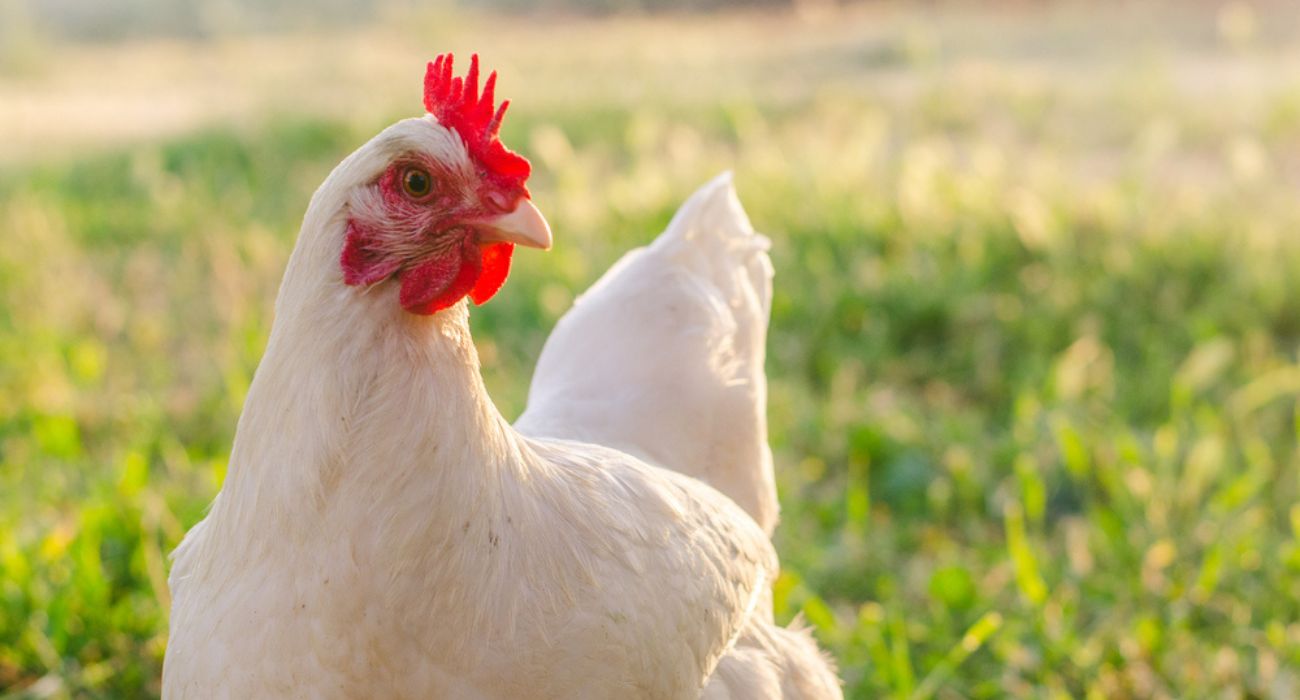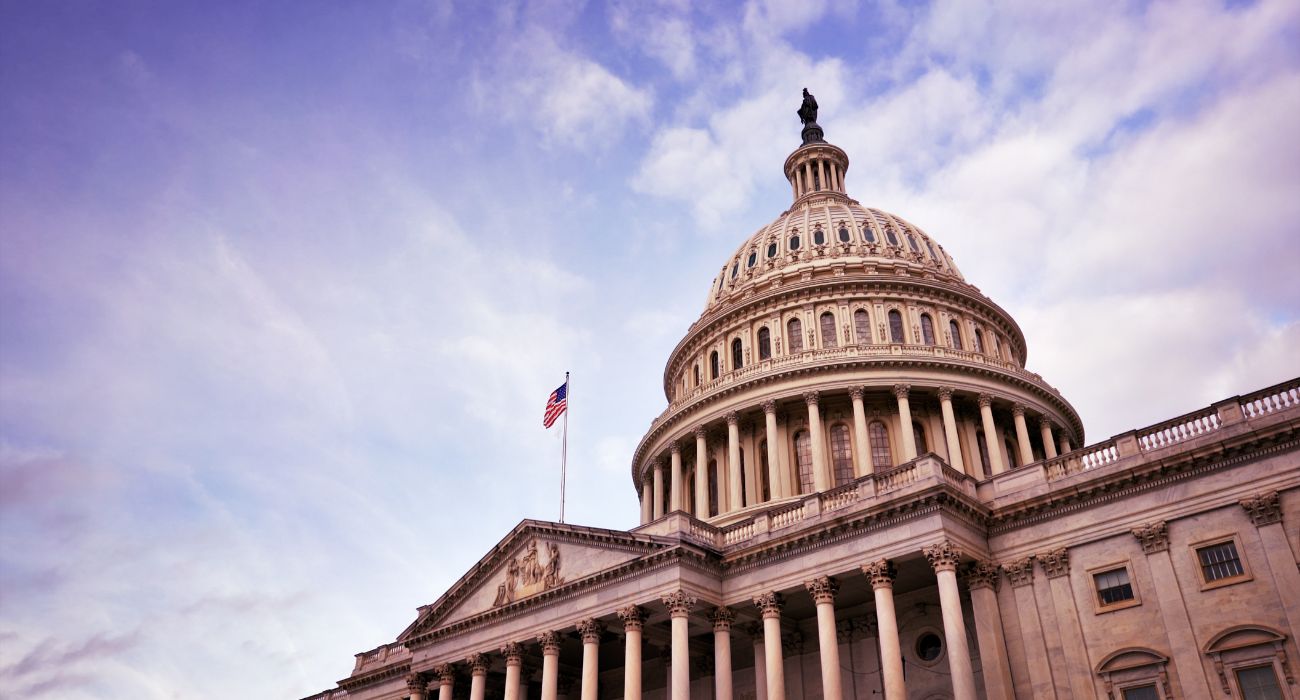The Biden administration is considering a mass vaccination campaign for poultry as the avian influenza outbreak continues to affect farmed and wild birds across the United States.
As previously covered by The Dallas Express, an unusually long outbreak of avian flu has killed approximately 58 million farm-raised birds since last February. Posing a significant threat to domestic poultry and egg production, it has driven up the price of eggs nationwide.
In addition to the economic impact, this highly infectious virus, also known as H5N1, raises concerns about a potential human pandemic.
As The Dallas Express reported late last month, infections of the avian flu among mammals such as raccoons, foxes, grizzly bears, skunks, and opossums have already been reported by the United States Department of Agriculture (USDA).
For those wondering whether they should start trying to avoid those pigeons in the park, the Centers for Disease Control (CDC) reports that bird-to-human infections are very rare, and thus the risk of a pandemic is low.
Nonetheless, the breadth of the current avian flu outbreak has captured the attention of health officials. The CDC has begun working with drug and test manufacturers on developing human vaccines for avian flu and tests for detecting H5N1 out of an abundance of caution, as The New York Times (NYT) reported.
Of more immediate concern is the impact on the poultry and egg industries. The USDA has started testing potential vaccines and engaging in discussions with industry leaders regarding implementing a large-scale vaccination program against the virus.
White House officials have indicated that President Biden would consider a vaccination campaign for poultry if it could potentially offer economic relief for households. Nonetheless, the endeavor would require careful planning and execution due to its complexity.
While farm birds are already vaccinated against other diseases like fowlpox, stakeholders in the poultry and egg industry have conflicting views on the matter.
For those against it, the greatest concern is that mass vaccination against avian flu could put the $6 billion poultry export industry at risk, per the NYT.
As Dr. Carol Cardona, an expert on avian health at the University of Minnesota, told the NYT, alongside the fear that other countries could decide to restrict imports of U.S. poultry, the campaign to vaccinate the billions of birds produced nationwide would take years to accomplish and yield immunity results.
On the other side, stakeholders in the turkey sector specifically, which has been hit hard by the virus, are more favorable to vaccination.
“We recognize that unilateral vaccination would have a severe impact on exports,” said Joel Brandenberger, the president of the National Turkey Federation, per the NYT. “At the same time, we have urged and continue to urge the federal government to move as rapidly as possible to try to develop new [trade] agreements.”
The turkey sector exports just 9% of its meat.
Some epidemiologists, like Anice C. Lowen, an influenza virologist at Emory University, also argue that the mass vaccination of birds would help reduce the risk of human transmissions.
“Just having the virus be less widespread … would also reduce the potential for viral evolution,” Lowen told the NYT.
Federal regulators have not given the green light to vaccinate poultry against highly infectious bird flu strains like H5N1. Despite the availability of several licensed vaccines, it remains uncertain whether any of them are effective against the current strain, Mike Stepien, a spokesman for the USDA, told the NYT.
Scientists at the USDA’s Agricultural Research Service are currently developing and testing avian flu vaccines and expect to have results by May.







I don’t trust the government nor the potential vaccine makers on this issue.
There is a ‘war’ going on regarding the food supply. Some very odd attempts by numerous entities to try to control and manipulate what we eat.
You should change your handle to “Tailgunner Tom”
ARSENIC – Most people know that arsenic is a cumulative poison. It stays in the body forever, just like half the fluoride you swallow.
For many years (and it may still be going on to some degree), arsenic was intentionally added to commerical chicken feed in order to promote fast, plump growth.
A decade ago, I was at my Doctor’s office. We were friends. She would run lab tests (hair analysis) of toxic accumulations in a person’s body. She said, “Take a look at this graph”, and covered up the patient’s name. The arsenic was out the roof. The Doctor said that the patient’s diet included lots of chicken.
Tidbit
Ag people know this: The chicken poop from these factory chicken farms gets resold. Many times, this chicken poop gets incorproated into cattle feed because of the high nitrogen content.
The “poison” is a false equivalent comparison of the scientific understanding of arsenic 75 yrs ago to approval of the bird flu vaccine today, or to the other vaccines that chickens already receive, and suggest a food supply ‘war’ operation without a shred of evidence.
So the federal government is going to back another vaccine. I don’t know who to feel sorry for. Chickens, Chic-fil a or dieters. How are they going to keep track of those free range chickens? This could easily push Americans to eat more of those climate destroying cows.
Another “doctored” virus from China? Taking out the food supply undermines a country also. No one knows the degree of manipulation governments are involved with. Are carcinogenic carrots and potato pox next?